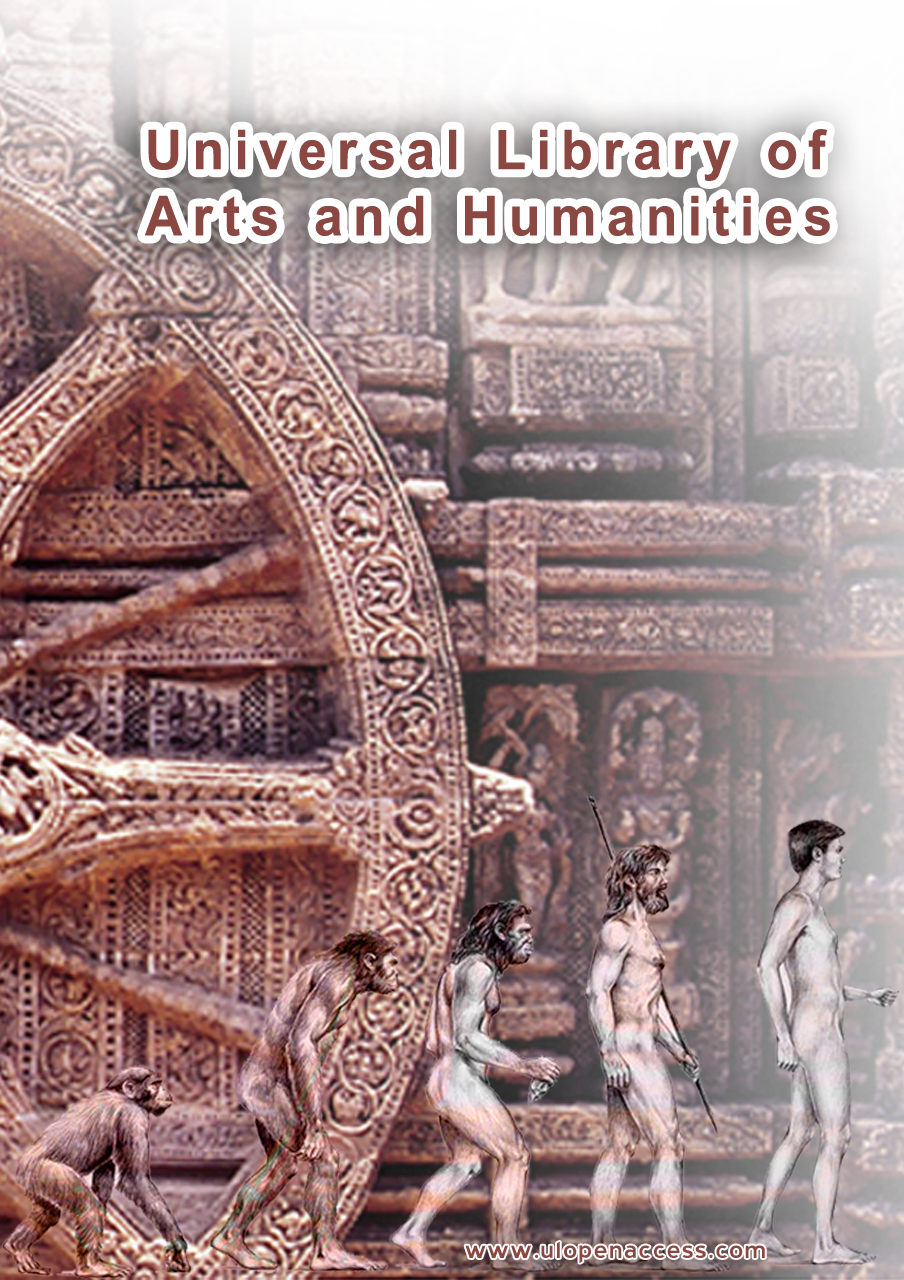The Development of Critical Thinking Abilities in Vocational and Technical Education Secondary Schools in Anambra StateRev. Fr. Dr. Ezeanolue Aloysius O. Citation: Rev. Fr. Dr. Ezeanolue Aloysius O., "The Development of Critical Thinking Abilities in Vocational and Technical Education Secondary Schools in Anambra State", Universal Library of Arts and Humanities, Volume 01, Issue 02. Copyright: This is an open access article distributed under the Creative Commons Attribution License, which permits unrestricted use, distribution, and reproduction in any medium, provided the original work is properly cited. AbstractThe purpose of this study was to investigate the development of critical thinking abilities in vocational and technical education secondary schools in Anambra State. A comprehensive literature review was conducted to identify the current state of critical thinking education in vocational and technical schools. One research question and one hypothesis in line with the research purpose guided this study. The research methods included surveys and interviews with teachers and students from selected schools in Anambra State. The population consists of 9,847 respondents, random sampling technique eas used to select 384 respondents. Instrument for data collection was questionnaire, the instrument was validated and reliability was tested ans retested. Data analysis revealed that the majority of vocational and technical education schools in Anambra State have a moderate level of critical thinking education. However, there are several challenges that hinder the full development of critical thinking abilities, such as lack of resources, inadequate training for teachers, and a curriculum that focuses more on practical skills rather than critical thinking. Based on these findings, recommendations are provided for improving critical thinking education in vocational and technical schools in Anambra State. These recommendations include incorporating critical thinking into the curriculum, providing training for teachers, and allocating more resources for critical thinking education. Overall, this study provides valuable insights into the current state of critical thinking education in vocational and technical schools in Anambra State and offers suggestions for improving its development. Keywords: Development, Critical Thinking, Vocational, Technical and Education Download |
|---|

